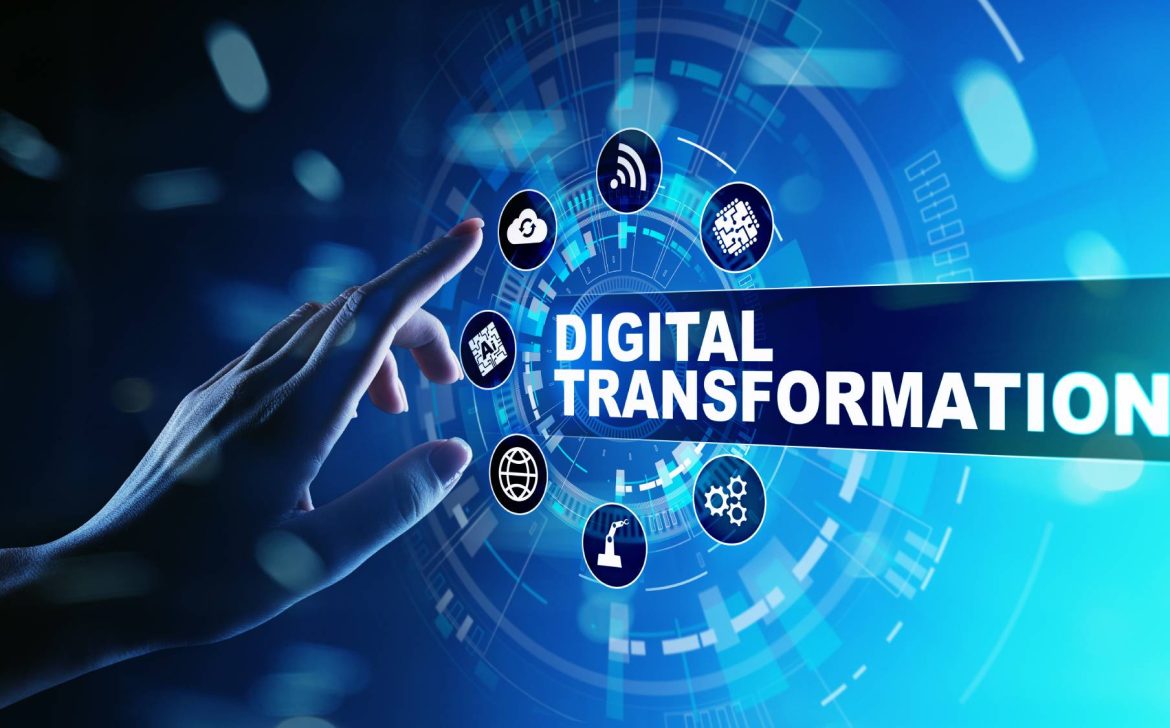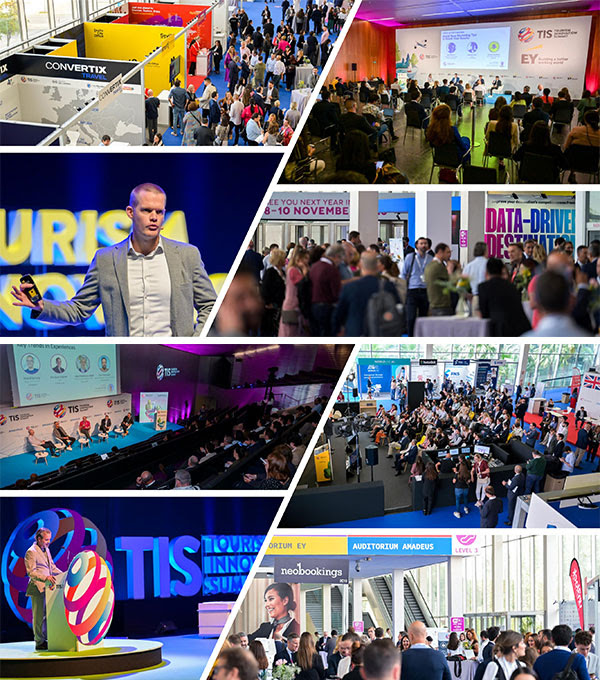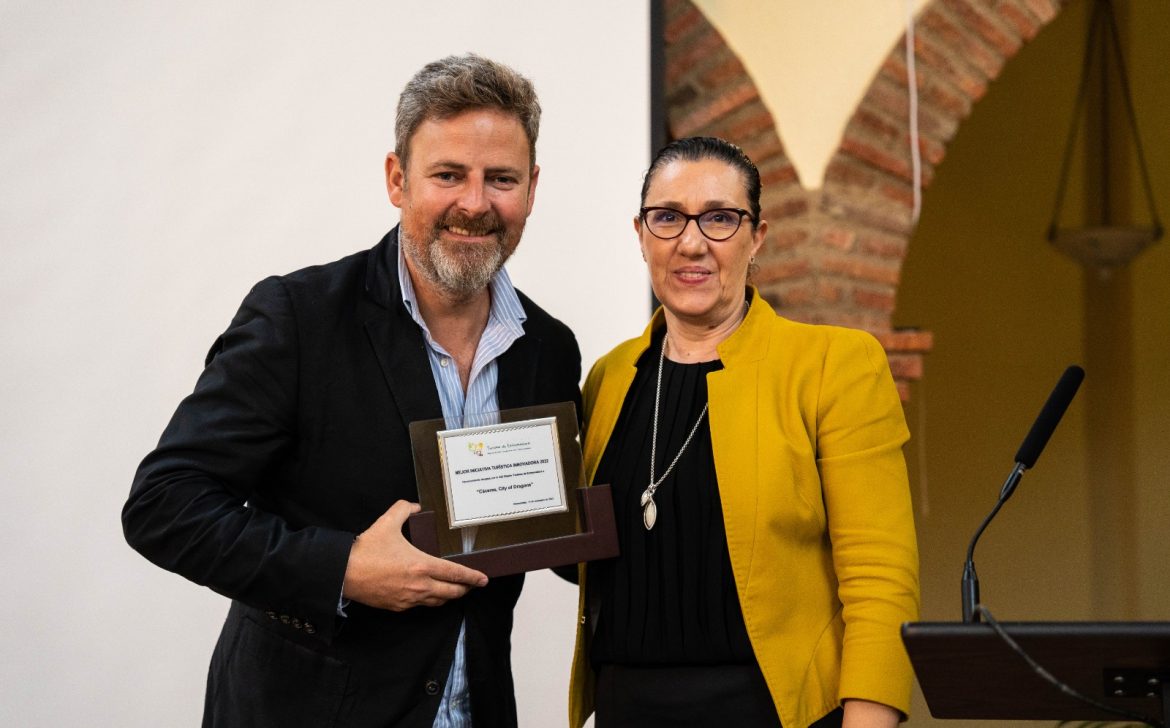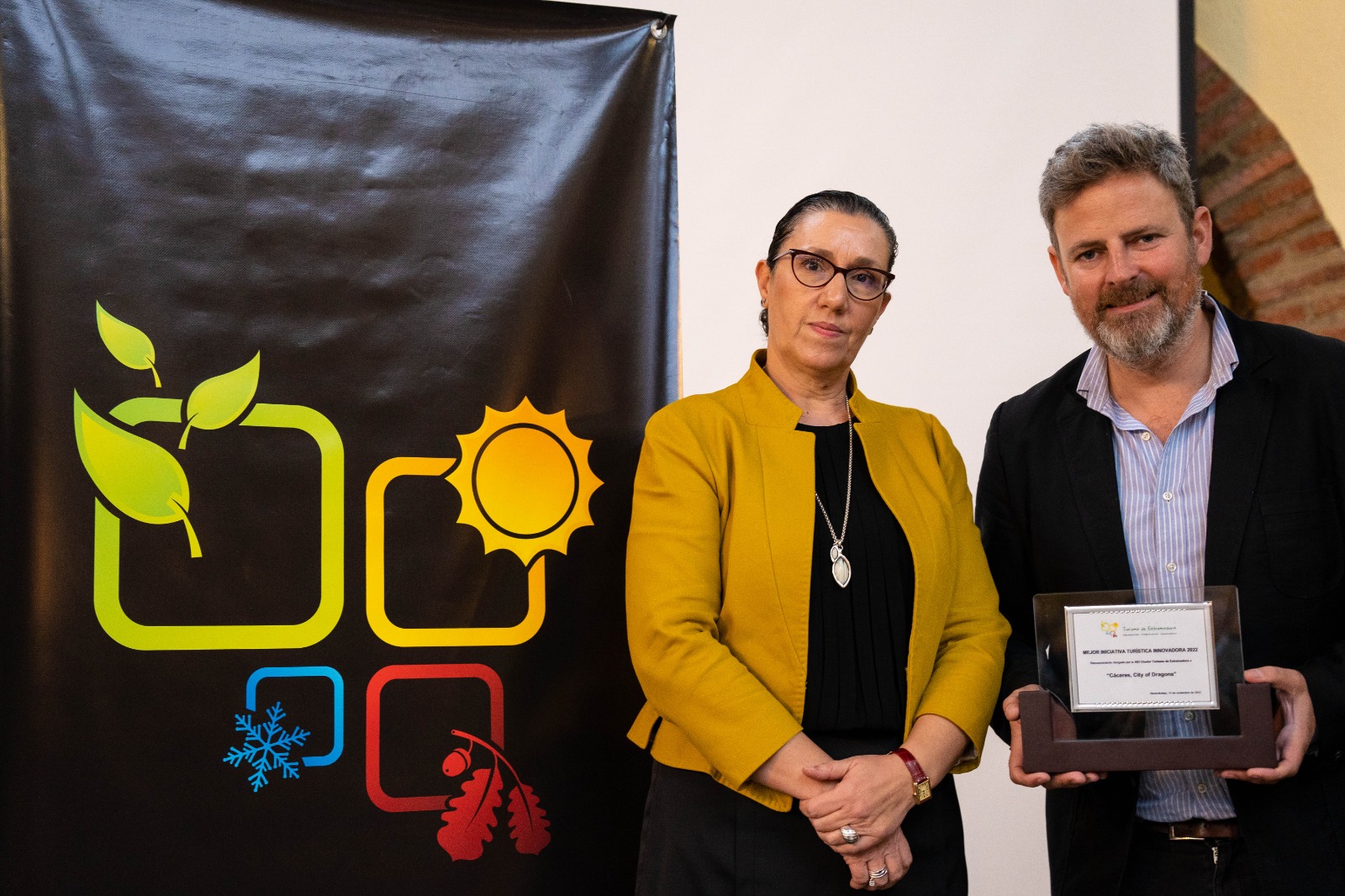The Importance of Cybersecurity in Tourism
Cybersecurity has become a priority for tourism businesses, as cyber threats constantly evolve and can severely impact operations. Implementing threat intelligence enables companies in the sector to identify, process, and analyse information about potential attacks, anticipating their impacts and protecting their systems.
Strategies and Protective Measures
 Sources of Information. Identifying and selecting relevant sources for the tourism sector is crucial. Platforms like Cyber Threat Alliance provide information on specific threats to connected devices in hotels and other tourist establishments.
Sources of Information. Identifying and selecting relevant sources for the tourism sector is crucial. Platforms like Cyber Threat Alliance provide information on specific threats to connected devices in hotels and other tourist establishments.- Analysis and Response. After identifying threats, it is vital to analyse the information and update security systems accordingly. Staff training is equally important to prevent fraud, such as identity theft on booking platforms.
- Continuous Evaluation. Companies should regularly review their intelligence sources and cybersecurity strategies to ensure they are effective. This includes adjusting processes and enhancing staff training to stay up-to-date with the latest threats.
Benefits for the Tourism Sector
Implementing a cyber threat intelligence programme based on standards such as ISO 27001 or NIST-800 not only protects sensitive company information but also improves their ability to respond to attacks. This is essential for maintaining customer trust and ensuring business continuity in an increasingly digital and connected environment.





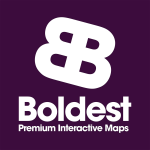 Founded in late 2020, Boldest is a startup revolutionising how travellers interact with online tourist information. Specialising in the creation of premium interactive maps, Boldest enhances the traveller experience with intuitive and engaging digital tools, optimising marketing and sales for any tourist destination.
Founded in late 2020, Boldest is a startup revolutionising how travellers interact with online tourist information. Specialising in the creation of premium interactive maps, Boldest enhances the traveller experience with intuitive and engaging digital tools, optimising marketing and sales for any tourist destination.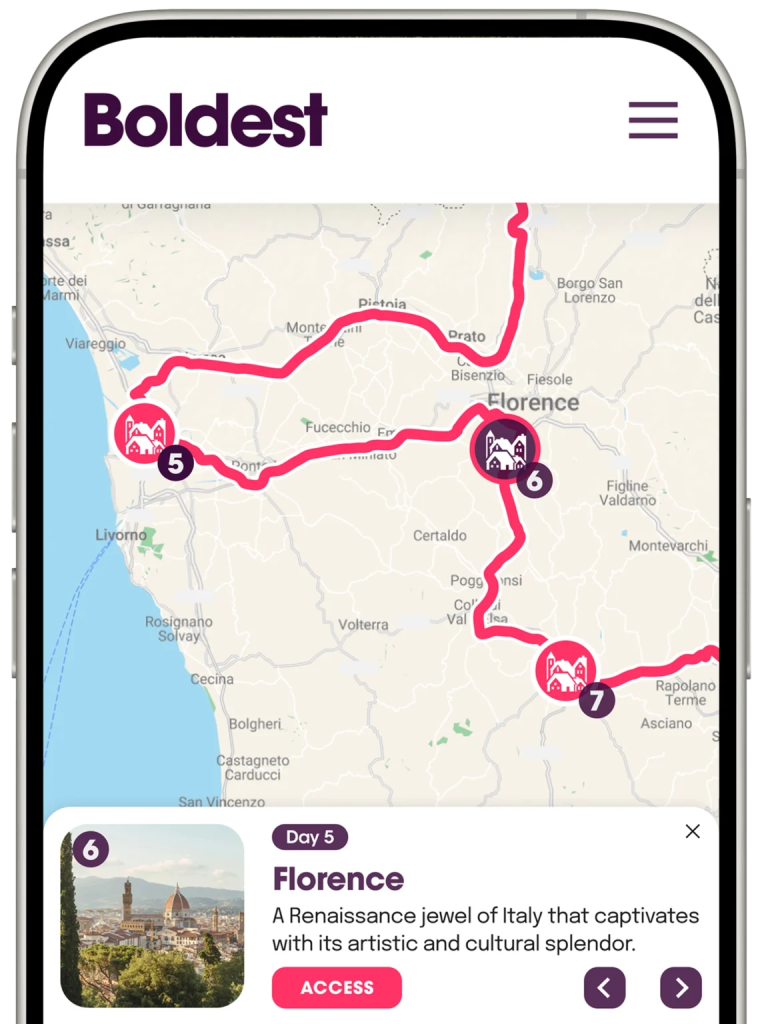


 Real-Time Automatic Updates: Always accurate and up-to-date menu information.
Real-Time Automatic Updates: Always accurate and up-to-date menu information.

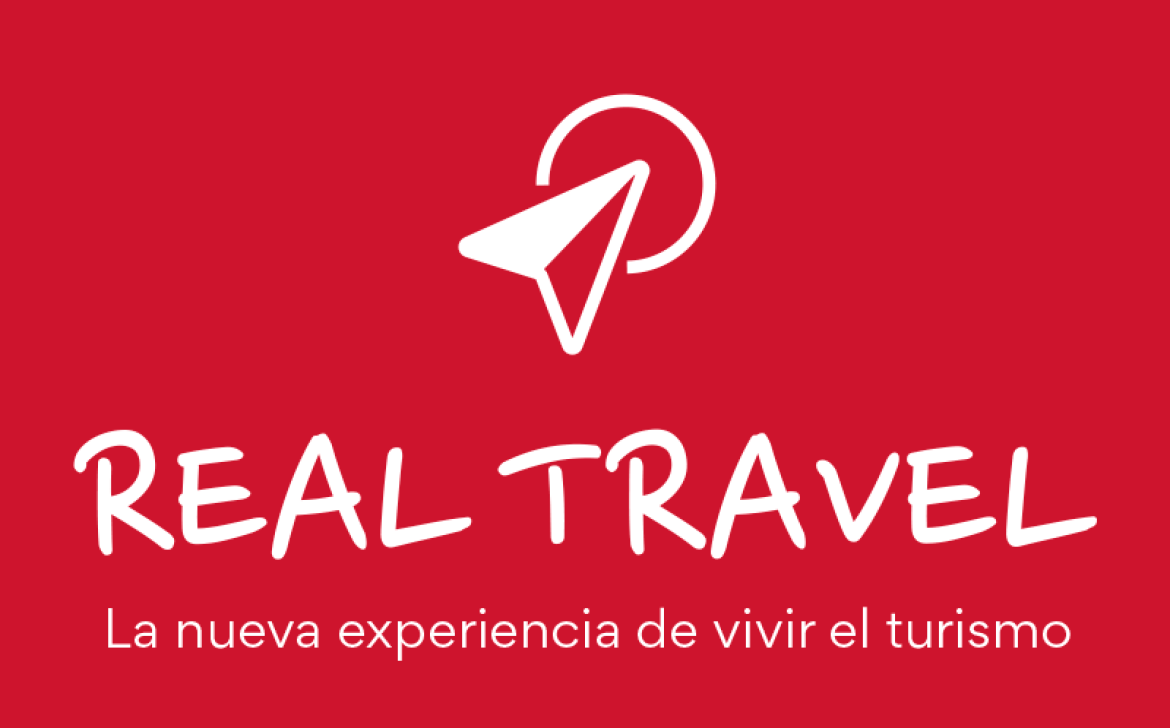
 Real Travel transforms the stories of regions into tourist experiences through a mobile tool. This application facilitates the connection, promotion, and management of destinations and tourist services, offering multimedia guides accessible on mobile devices. It enhances local attractions and resources, diversifying the offerings and educating users about local heritage. Additionally, the app allows for the collection of relevant data for territorial planning. Real Travel is free, and its content is developed in collaboration with local stakeholders, creating digital tourist guides with global reach thanks to geolocation. It is available for both Android and iOS.
Real Travel transforms the stories of regions into tourist experiences through a mobile tool. This application facilitates the connection, promotion, and management of destinations and tourist services, offering multimedia guides accessible on mobile devices. It enhances local attractions and resources, diversifying the offerings and educating users about local heritage. Additionally, the app allows for the collection of relevant data for territorial planning. Real Travel is free, and its content is developed in collaboration with local stakeholders, creating digital tourist guides with global reach thanks to geolocation. It is available for both Android and iOS.